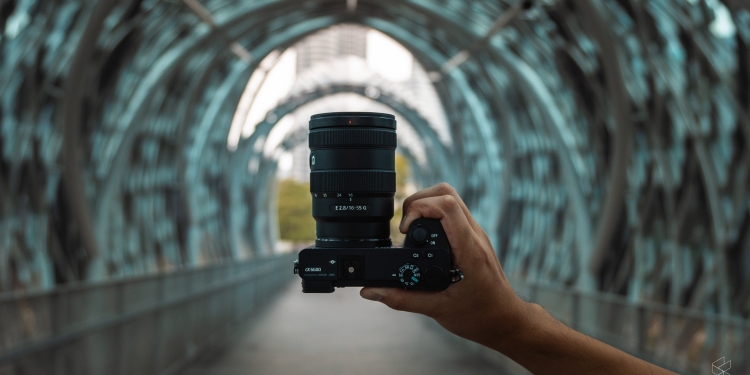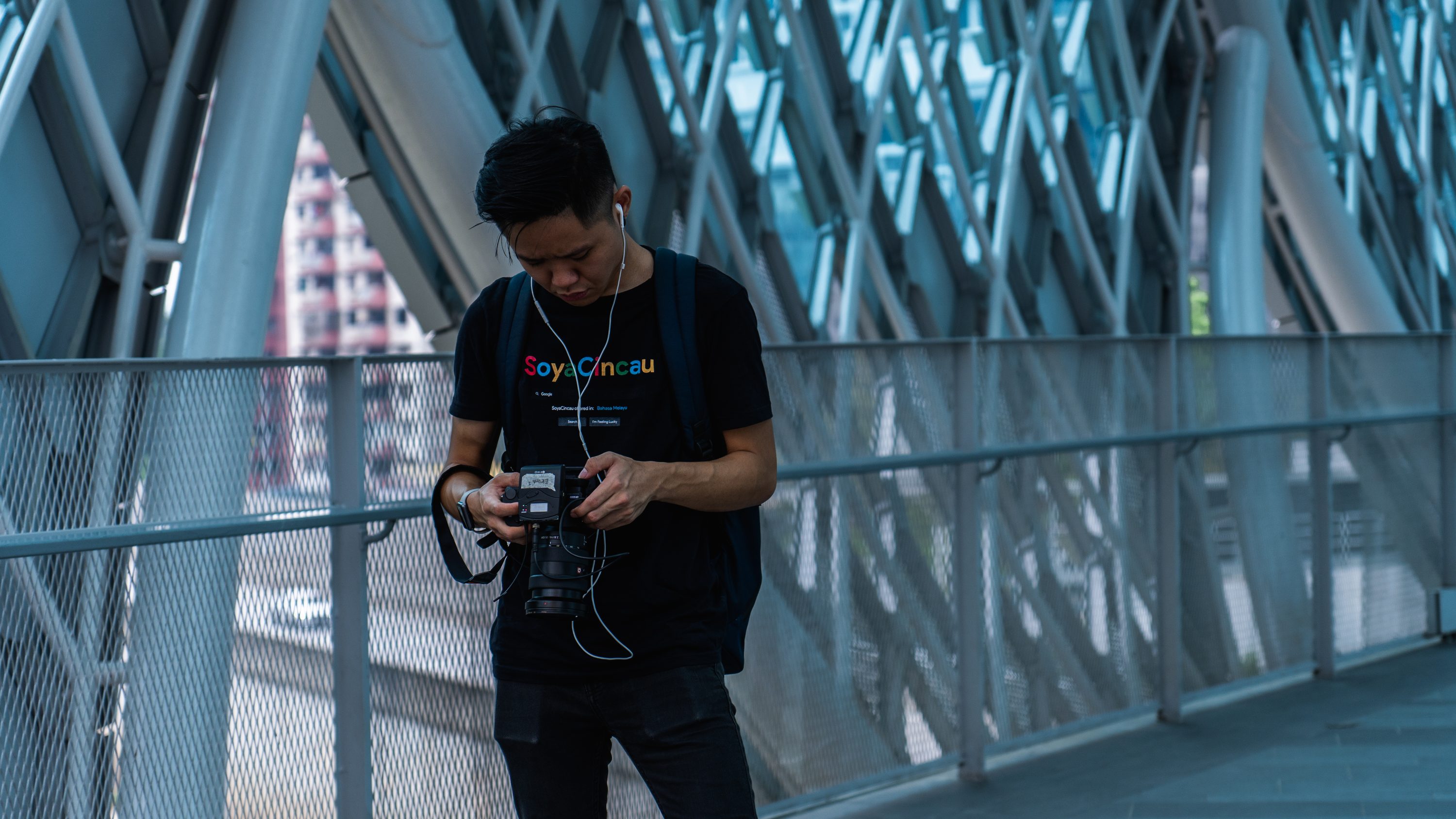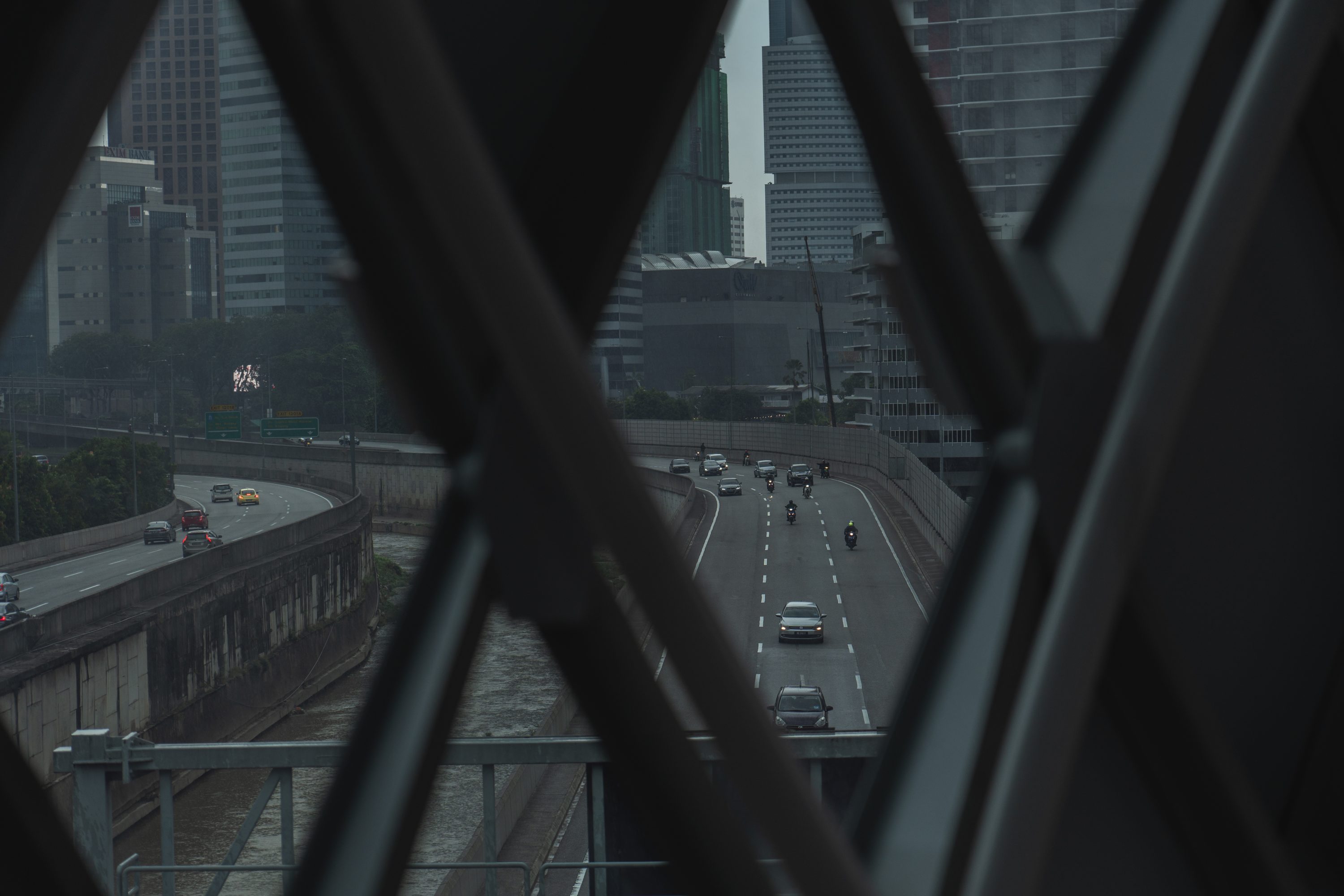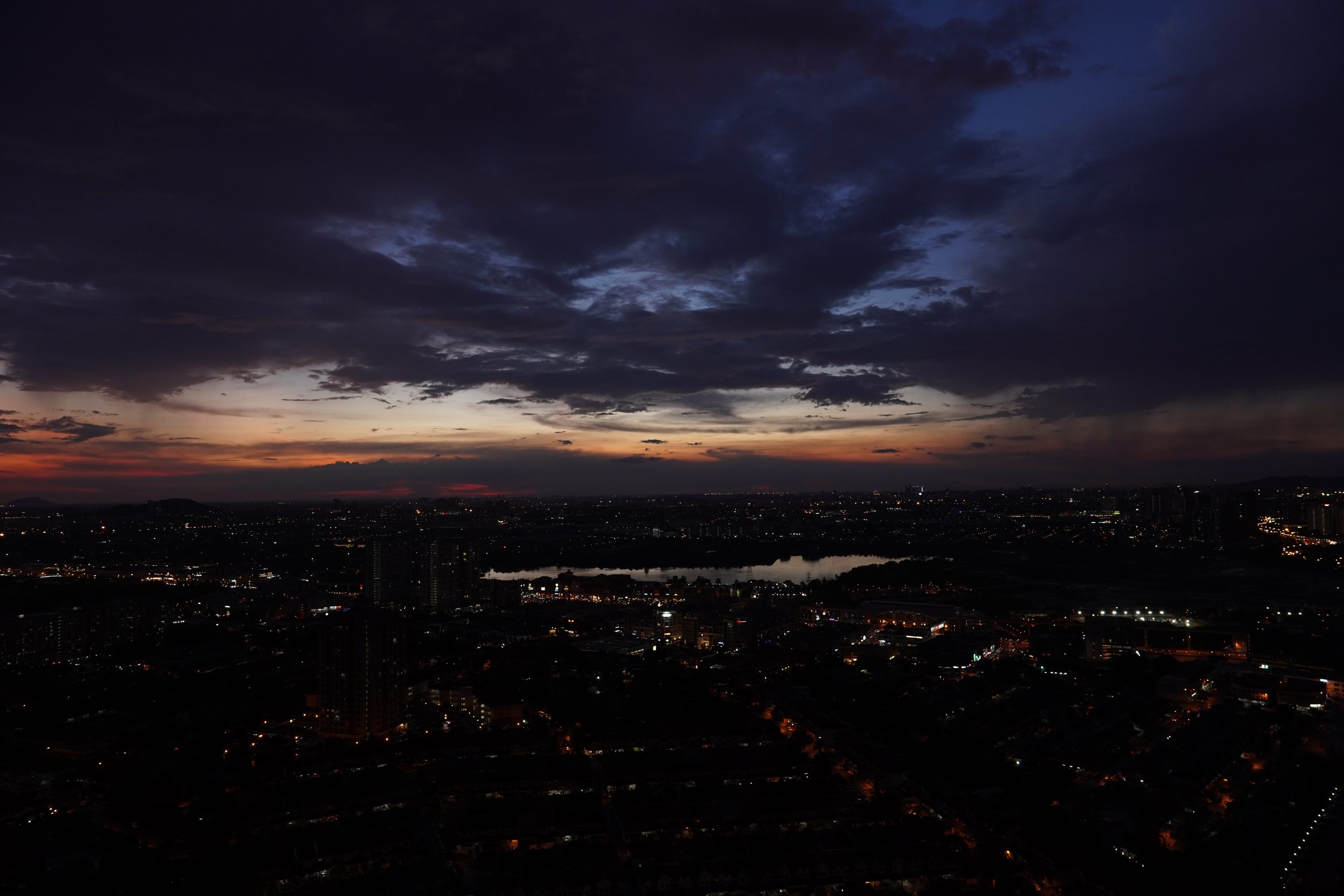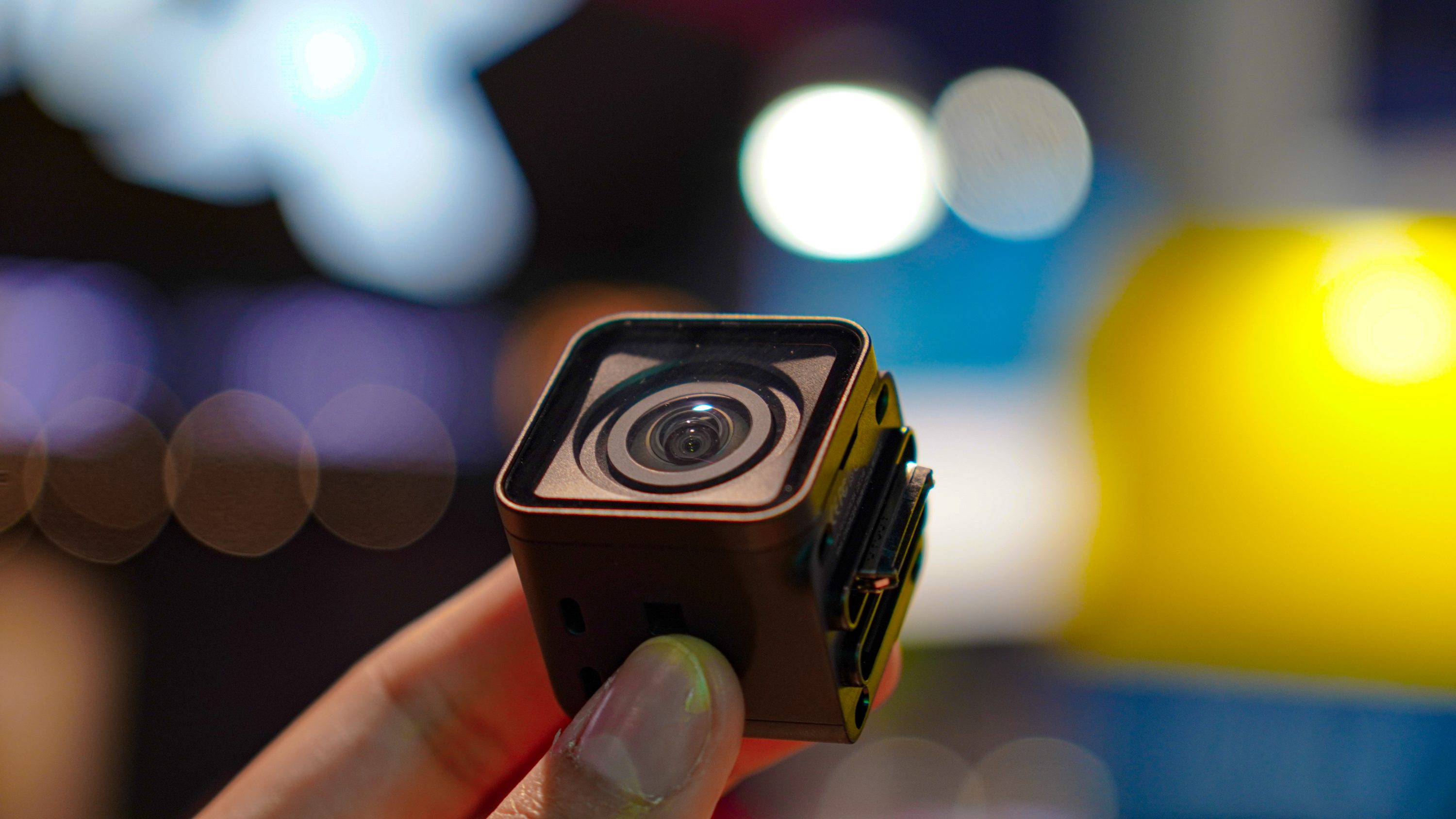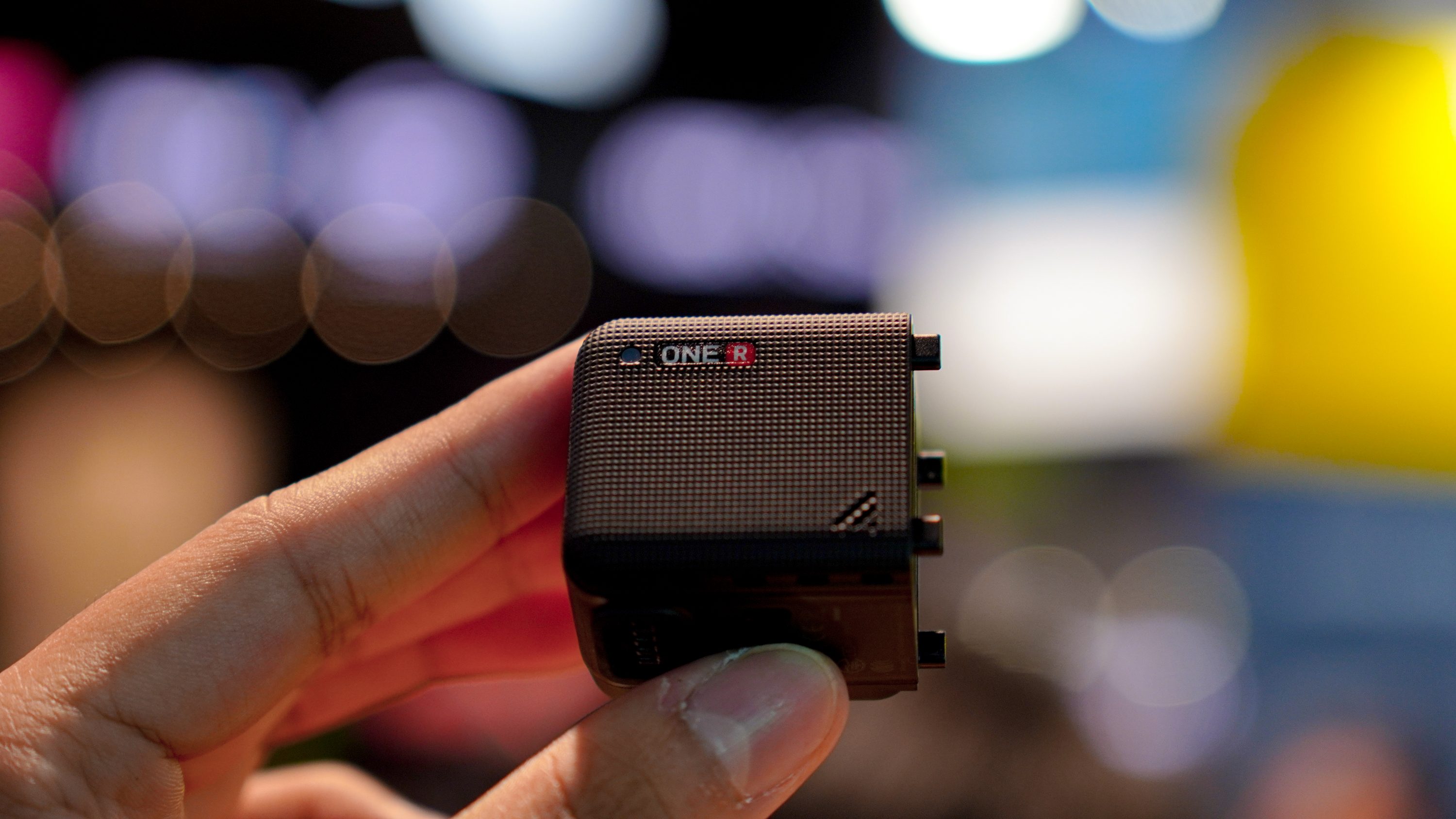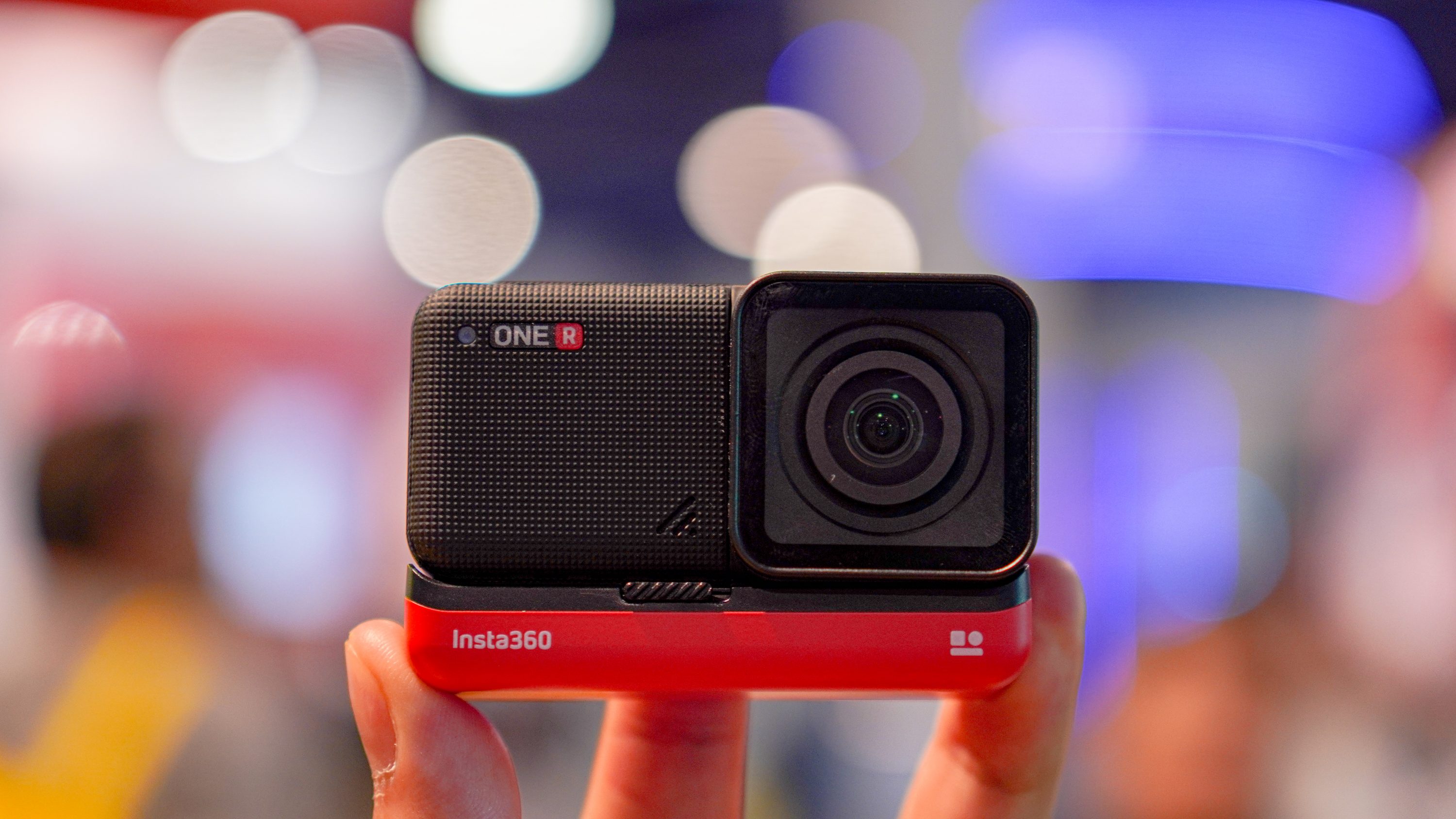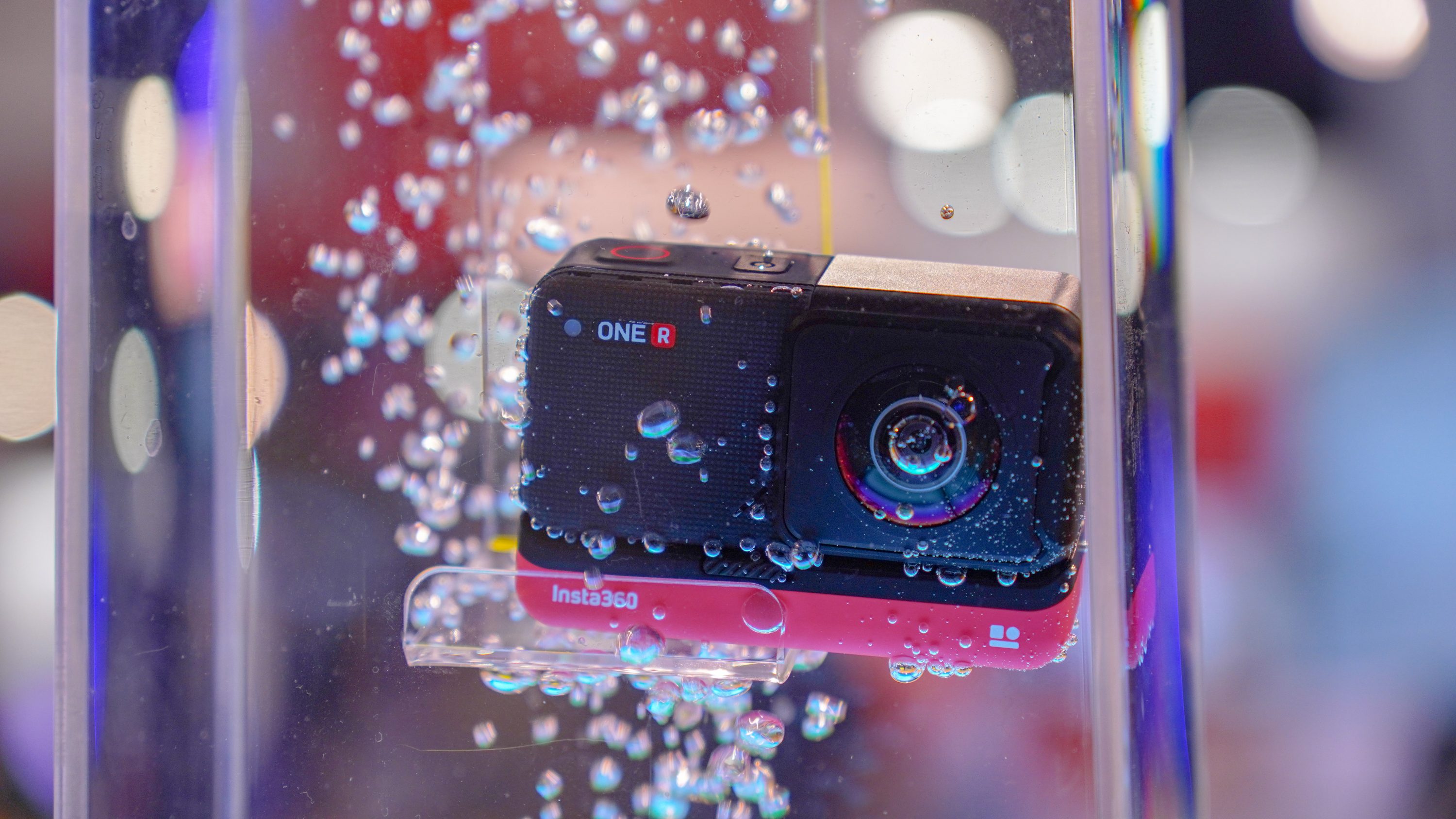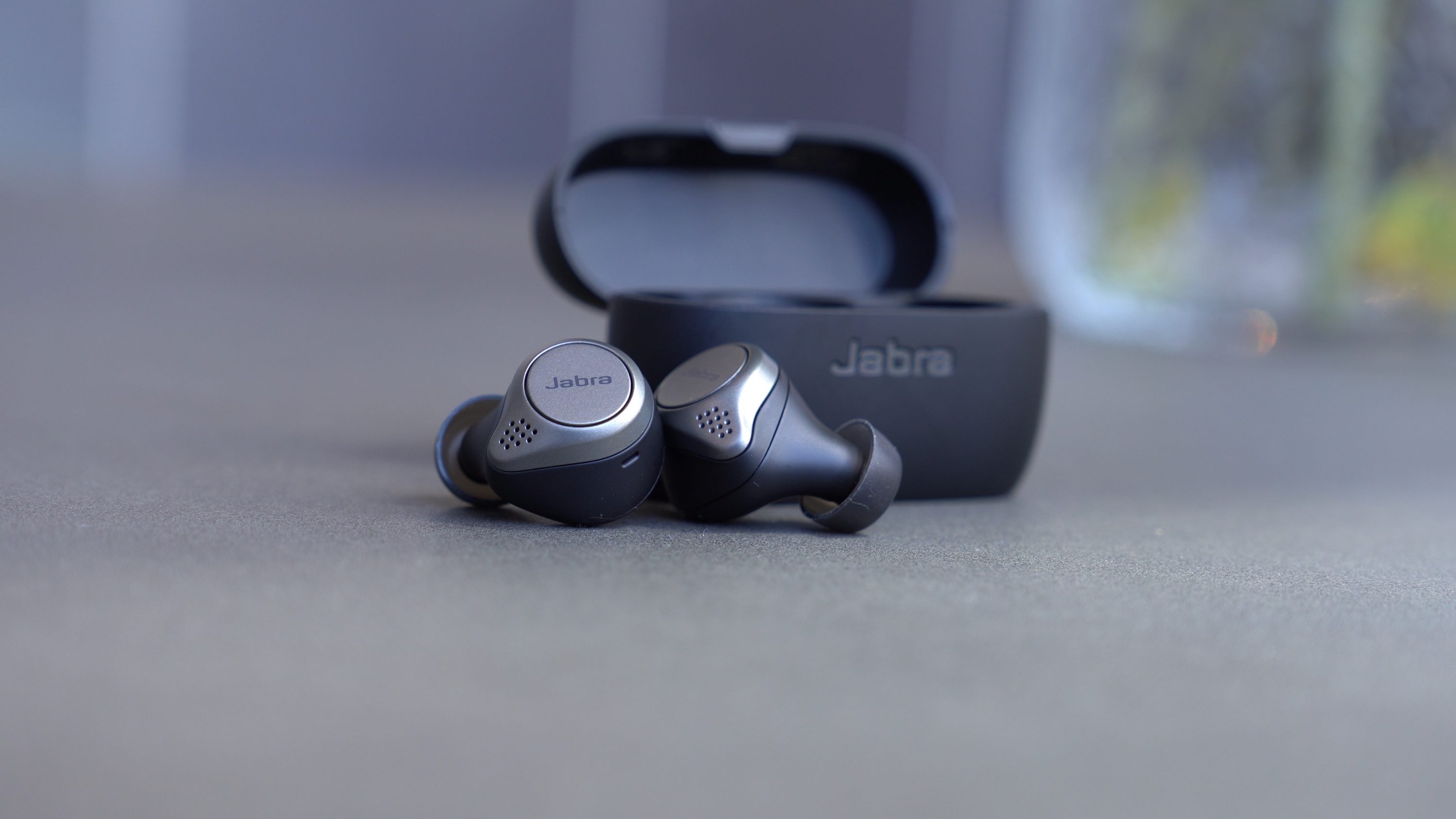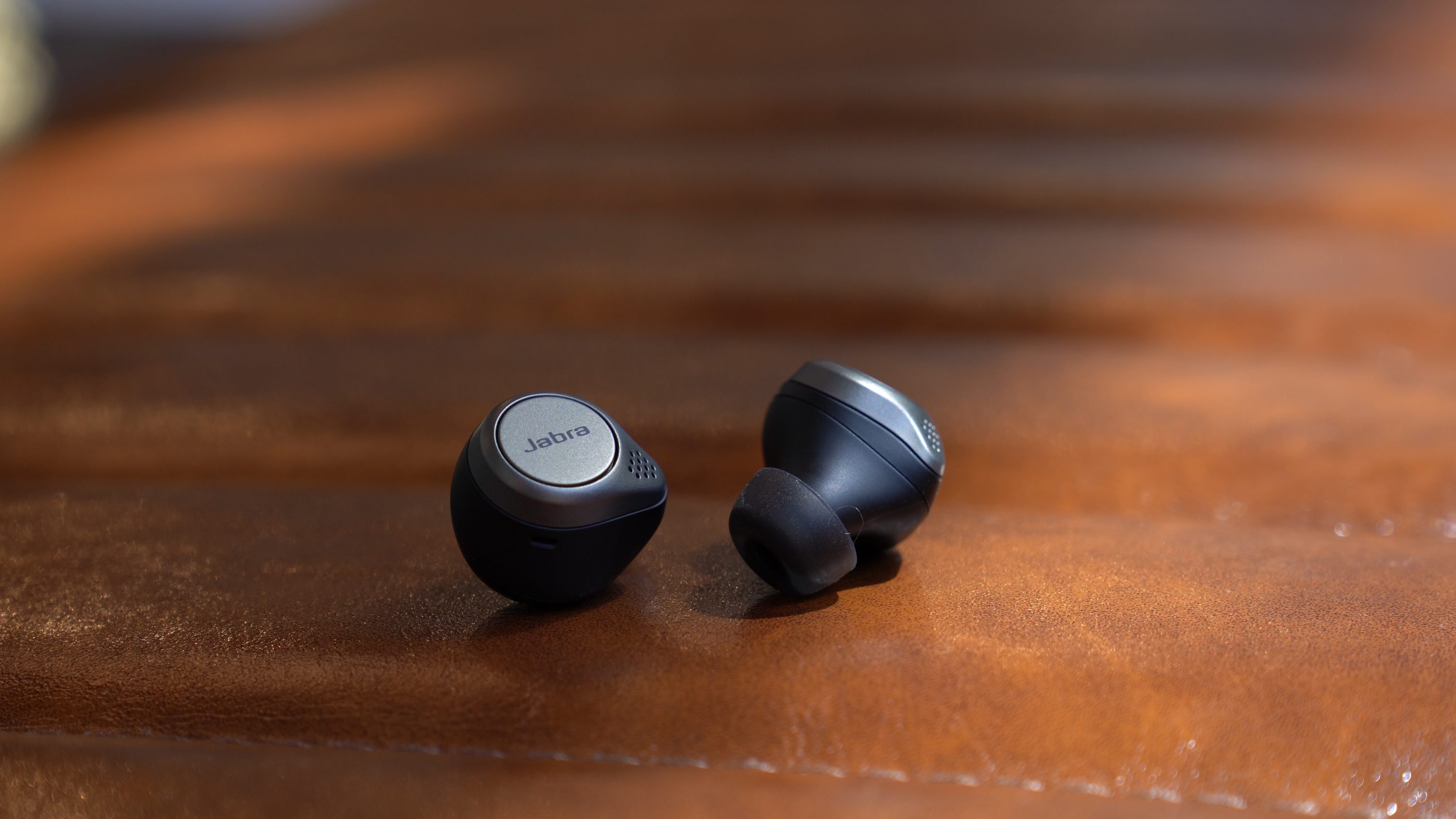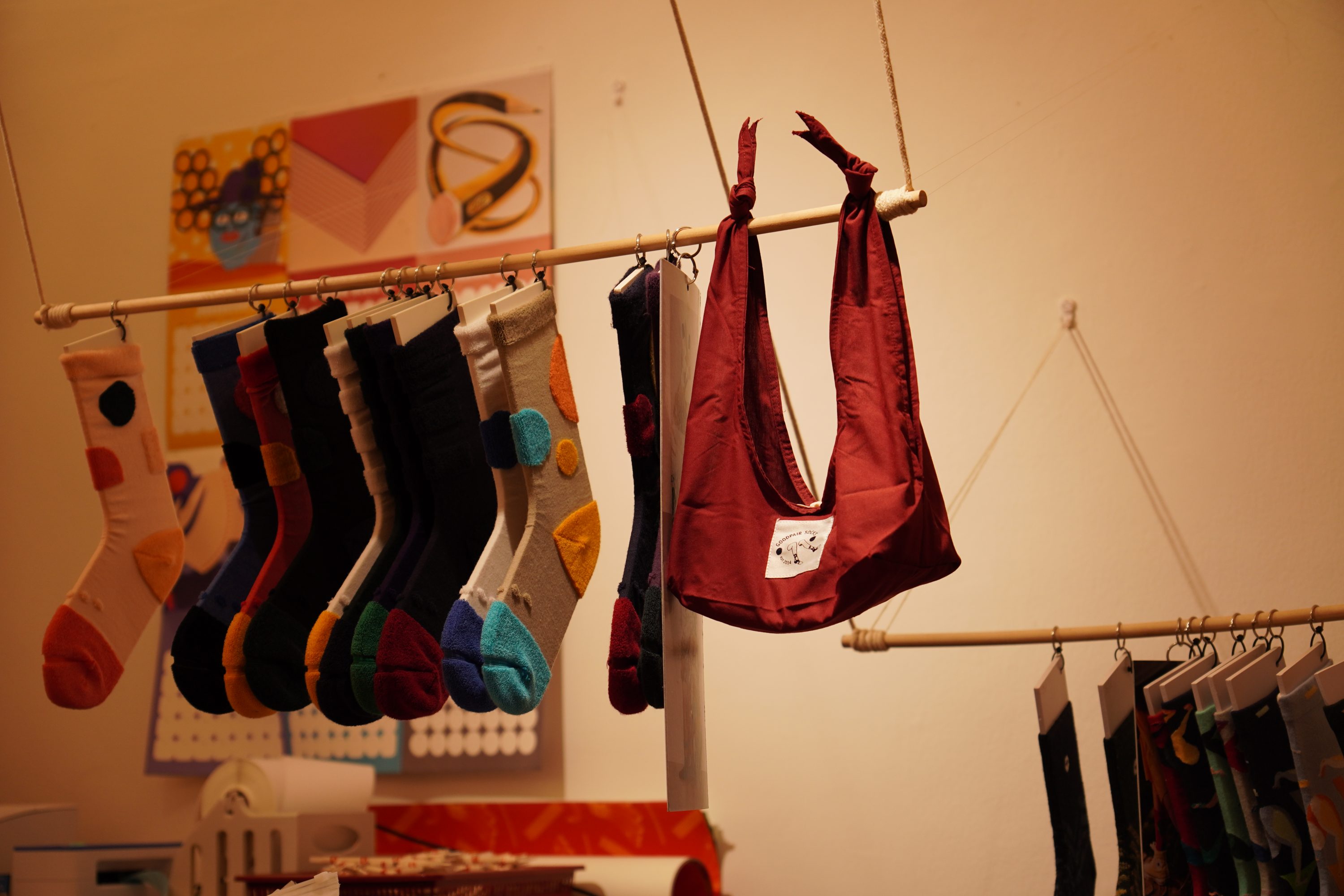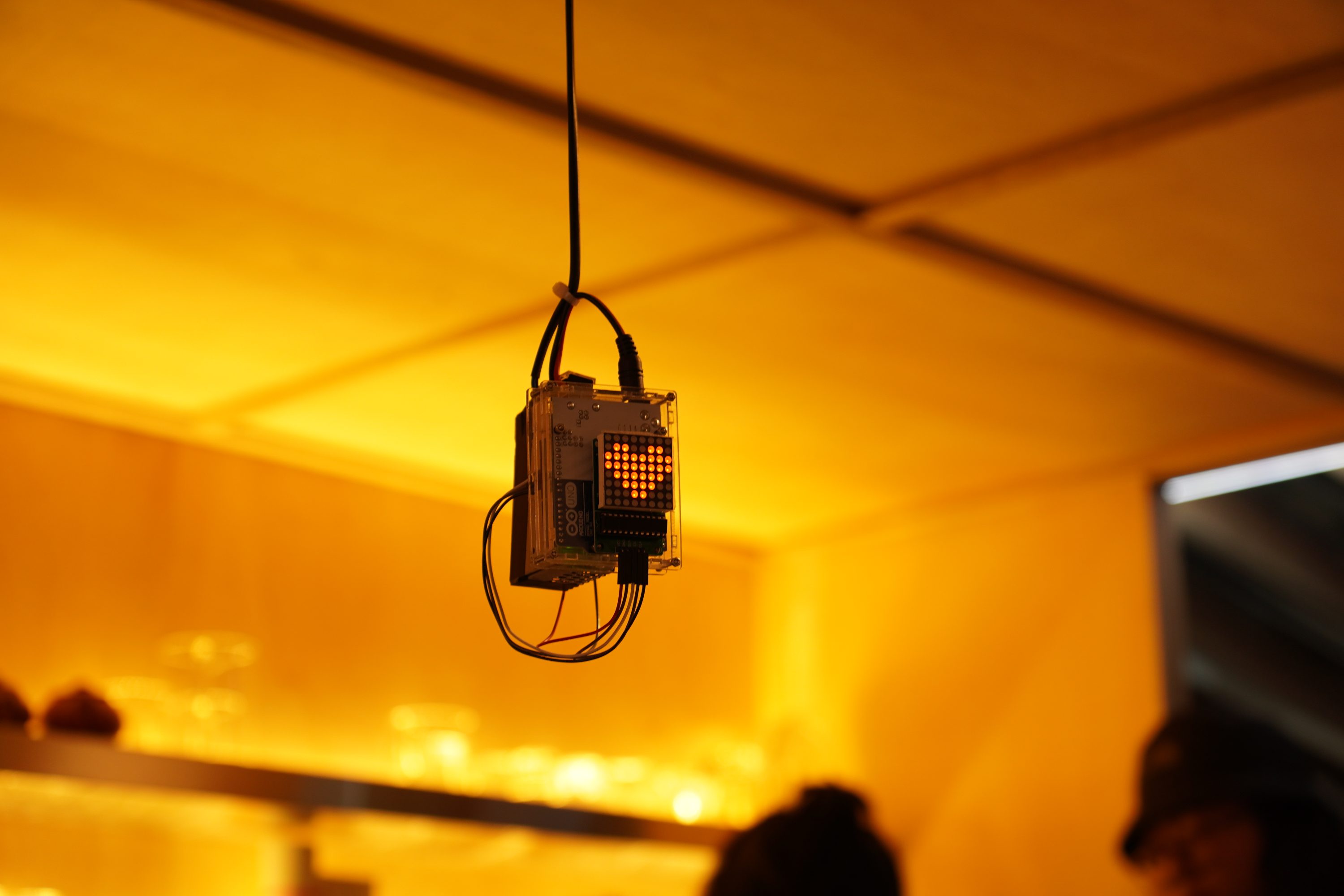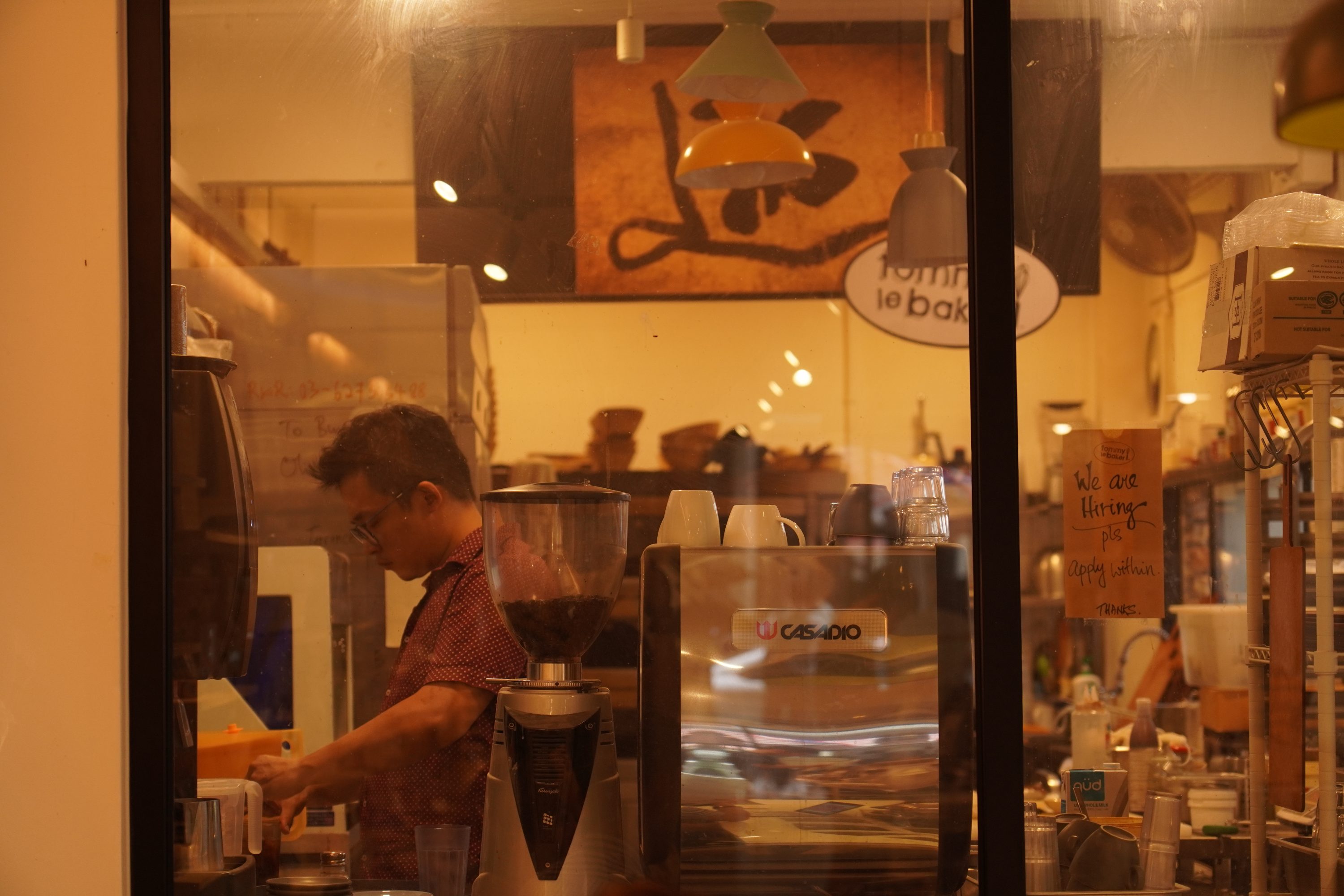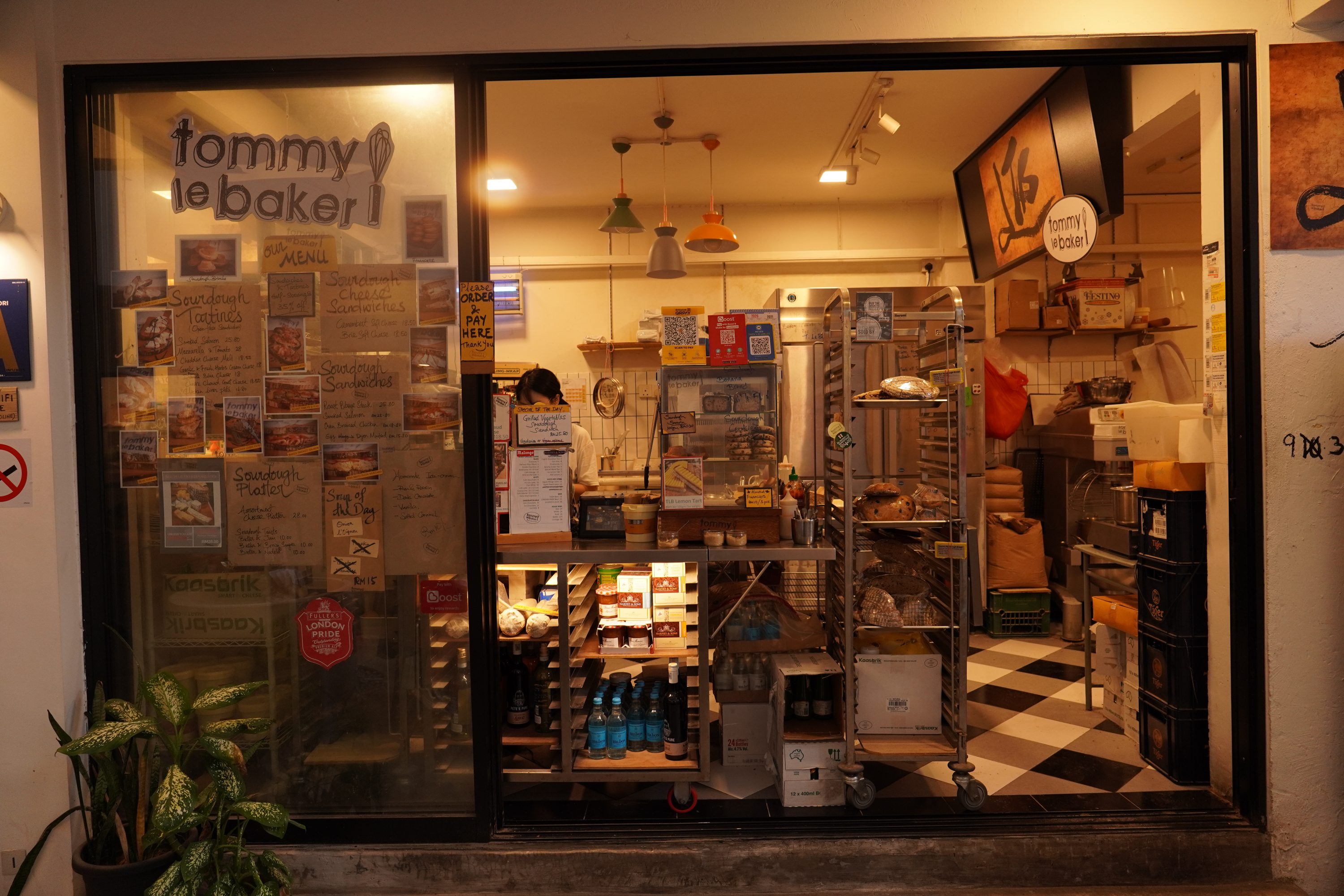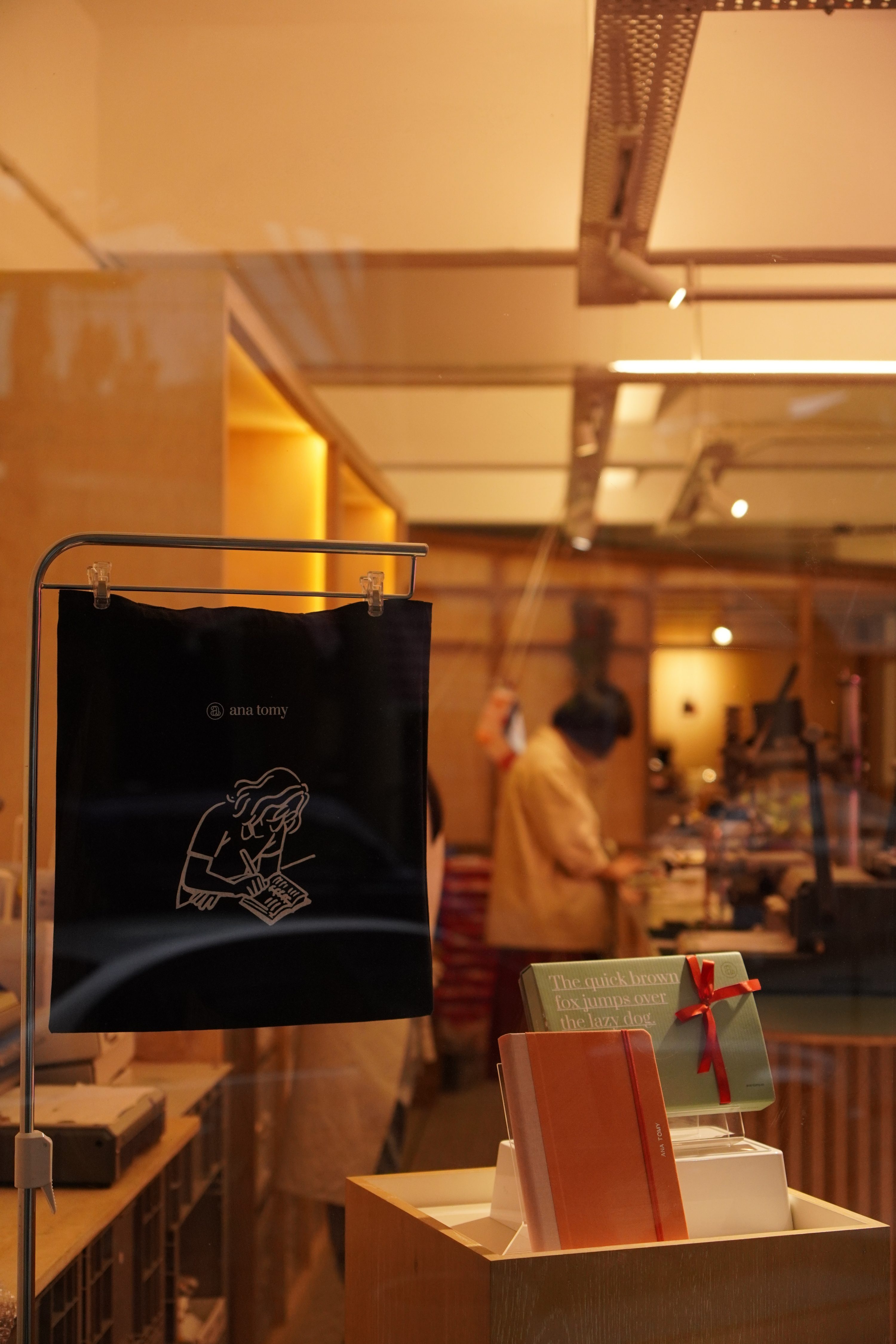The Sony A6400 was probably one of my favourite cameras of 2019. It was excellent at what it did well, and pretty good at everything else. But it lacked in-body image stabilisation (IBIS), it lacked a headphone jack, and its battery life was OK at best. Then, Sony launched the A6600, and let me just say that they’ve really outdone themselves here.
I would, obviously encourage you to watch the entire review, because we went all the way to the new Saloma Link bridge to film it. We got caught in the rain for it. And we also climbed a lot of stairs to shoot it.
But, if you’re unable to at this very moment, have no fear. I’ll summarise my thoughts for you into two neat categories.
PS: This post is best viewed on a desktop.
What I liked
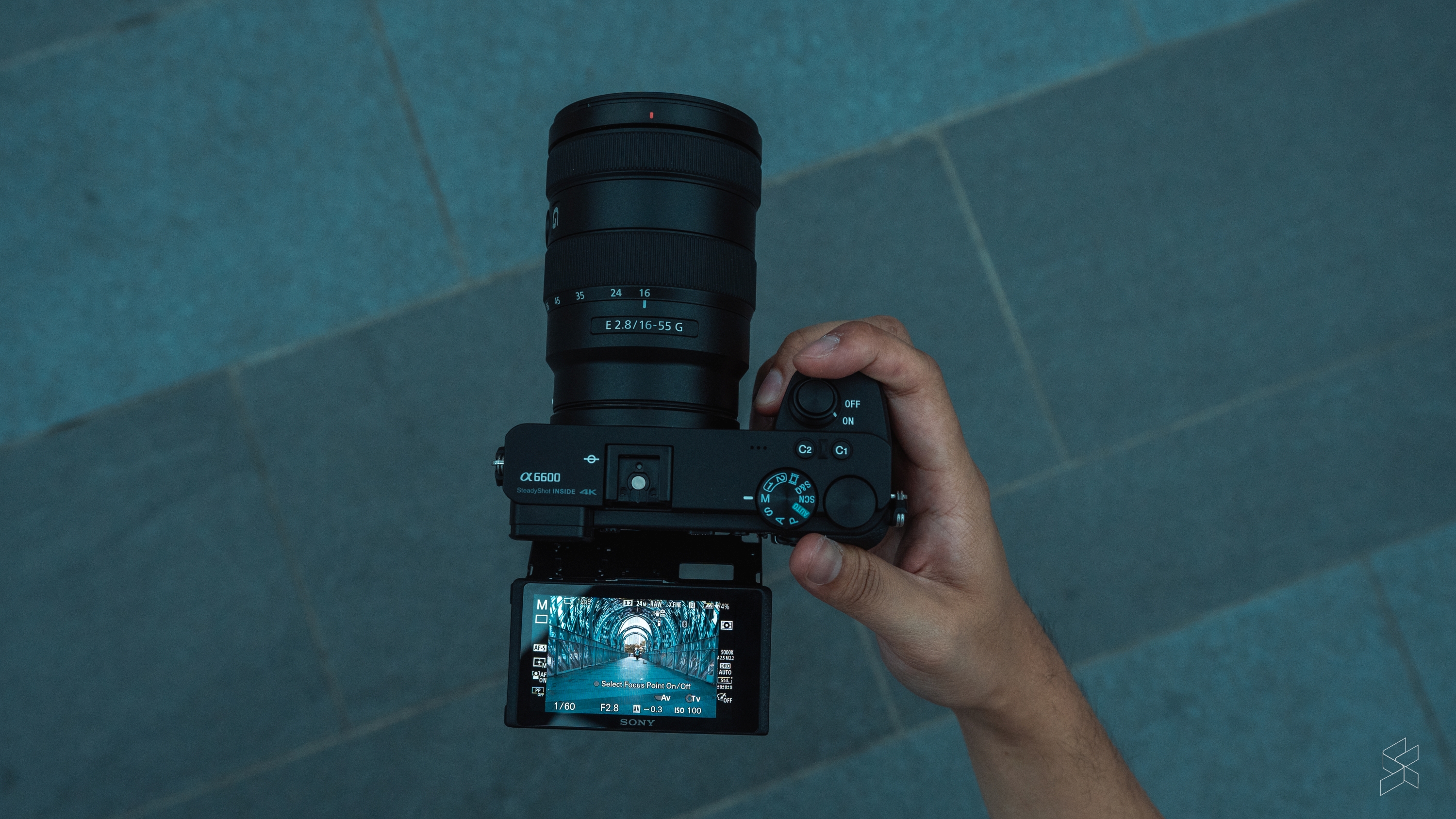
Sony’s new A6600 retains a lot of what I liked from the more affordable Sony A6400. Image quality, for example, is fantastic. Photos look great when paired with the Sony FE 16-55mm f/2.8 G lens, and the raw files are super nice to work with in post.
It also does great 4K video with plenty of detail, and can also do up to 120fps slow-motion in 1080p. For our workflow that requires a quick turnaround time, we don’t actually shoot in S-Log or Hybrid Log Gamma (HLG) or anything like that, so if you’re looking for info on how well it grades, you’ll have to look at some other review.
New to the A6600 that wasn’t on the A6400 is the inclusion of IBIS, which is great for handheld video, especially when you’re doing B Roll. However, it doesn’t perform that well in the vlogging walk-and-talk shots, though I’m not sure if that’s just something that is exclusive to me. I do, after all, like to wave my hands about when I talk.
Battery life is also stellar on this camera. The A6600 made the switch to use Sony’s Z-battery pack, which means it takes the same batteries as Sony’s larger and more expensive A7 full-frame cameras. On this camera, I was able to last an entire day shooting 4K video and photos on the Consumer Electronics Show (CES2020) show floor on a single battery. Actually just phenomenal. You can also hook this up to a powerbank and charge the camera while you shoot if you want.
Sony’s new camera has good ergonomics as the larger battery gives you a chunky grip to hold onto while you shoot.
You’re also getting access to Sony’s wealth of E-mount lenses, which is the same mount as the ones on their full-frame A7 cameras. This means that the A6600 will not only be a good starting point for a potential upgrade into Sony full frame, but it also means that it is a nice affordable B-cam should you need it. Just make sure you invest in full-frame lenses if that’s your plan.
It also has a headphone jack now, which is super useful for monitoring audio, and allows us to bring this on the go with us when we need a lighter payload or a more versatile camera.
What I didn’t like
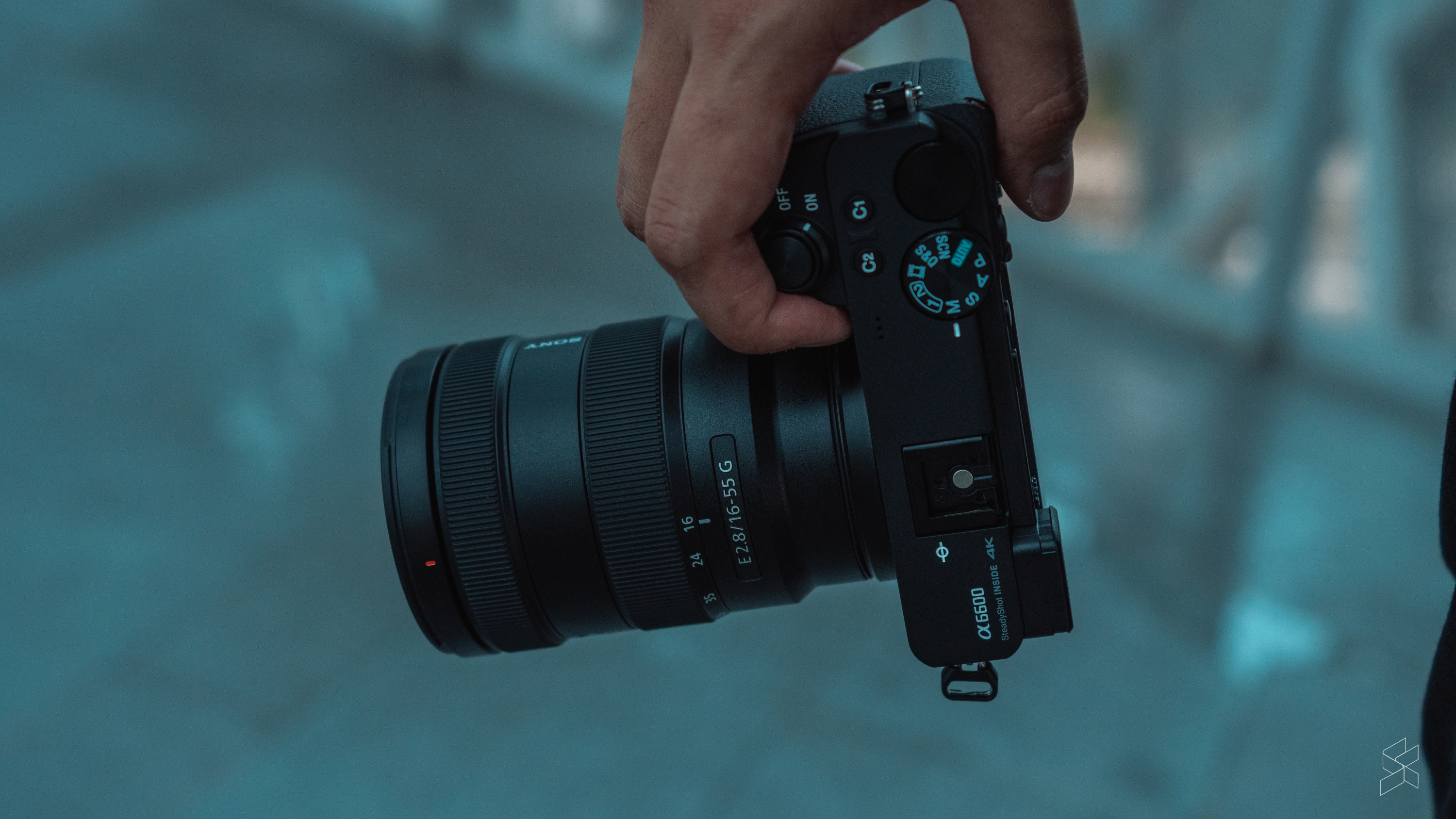
Since it’s so similar to other Sony APS-C cameras like the A6400, it also has a bunch of stuff I didn’t like in those cameras. The menu is still a labyrinth to navigate, but I will testify that it gets easier the more you use it. You can also bind your most used functions in the custom My Menu so you get quick access to whatever it is that you’ll need.
The fact that the screen flips up, is also more of an issue than if the screen would just flip out sideways. When it flips up, if you have a shotgun mic mounted, that’ll block the screen so it becomes really hard to monitor yourself.
Since the camera retains the same 24.2MP sensor, rolling shutter is still an issue. It’s very pronounced on this camera so you will need to take note if you shoot a lot of moving subjects. That said, for the kind of content I do, this isn’t an issue because gadgets generally stay quite still.
Besides that, I didn’t like the fact that there’s no built-in flash (something I really liked about the A6400) and that they’re still using a microUSB port. It’s 2020, it’s time to move on to USB-C. Fujifilm’s done it, what’s your excuse Sony?
Finally, the thing that will probably turn people off of the camera would be its price. For the body only, the camera is priced at RM6,199, and if you want it with the kit, it’s RM7,999. If you want the full set that I used, including the G lens, the shotgun mic and the Bluetooth grip, that will set you back RM13,086.
That’s a lot of money. Some might even say that’s full frame money.
My verdict
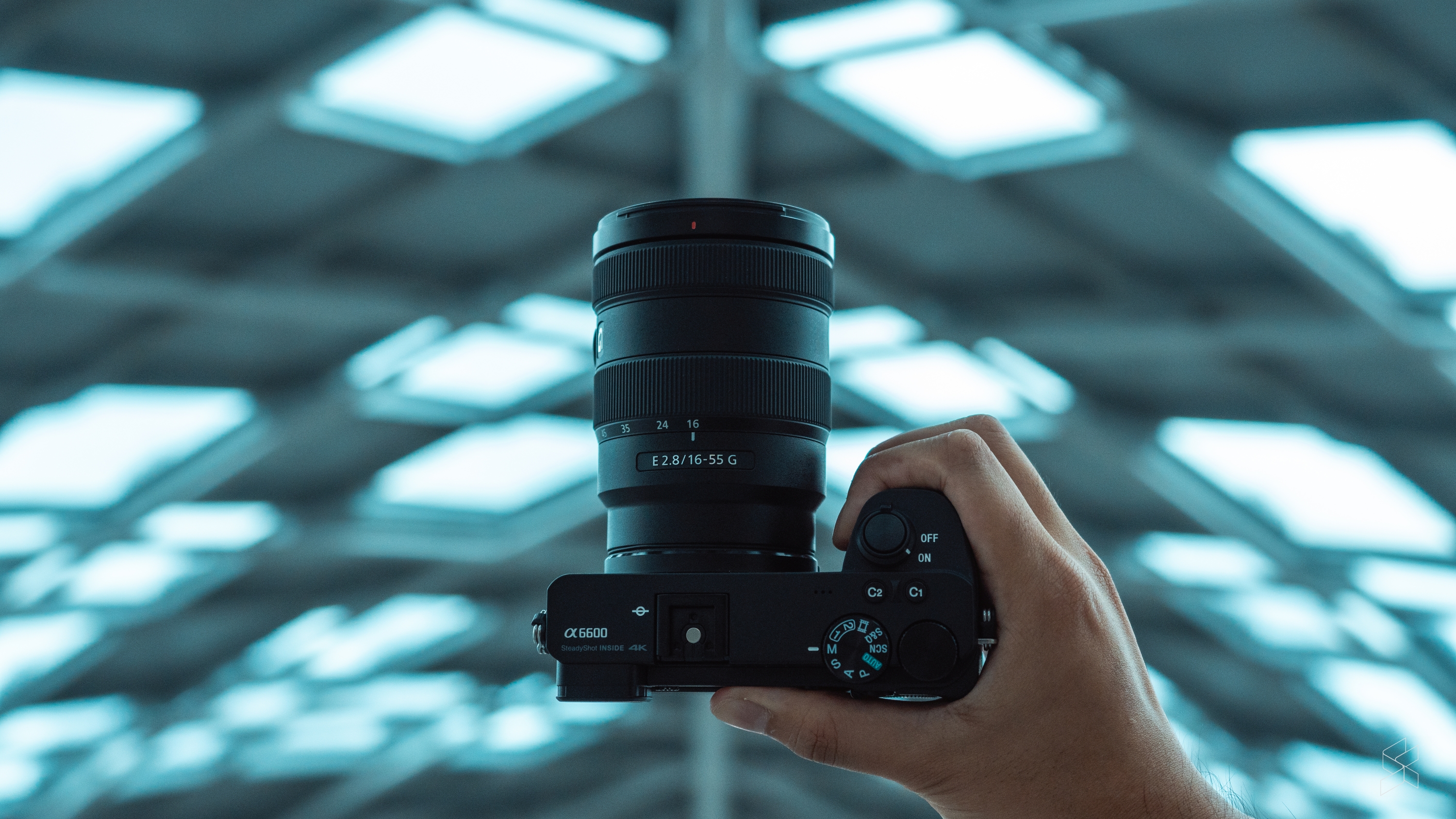
I think the Sony A6600 is a phenomenal run-and-gun camera. It does a lot of what we use the A7 III for, which is awesome, and I’d say that it’s better for my one-man event coverage because the flip up screen makes it easier for me to film myself.
I also think that it’s an excellent camera for those who are already in the Sony system. It works with all the E-mount lenses, so you can pick this up as an affordable B-cam to your Sony full frame camera, and get about 90% of the image quality. It’s also useful for those who want to get into the ecosystem because it can be a good starting body for your full-frame Sony lenses before you move up the ladder.
It’s hard for Sony now. They’re not the undisputed king of mirrorless anymore, and with fierce competition from other major brands, they’re going to need to push a lot more if they want to remain on top. But, for now, the A6600 is really just a phenomenal camera. It’s even better for hybrid shooters.
In fact, we liked it so much, we went out and bought one for ourselves.
Photos by Rory Lee & Zachary Yoong on the Sony A6600.

